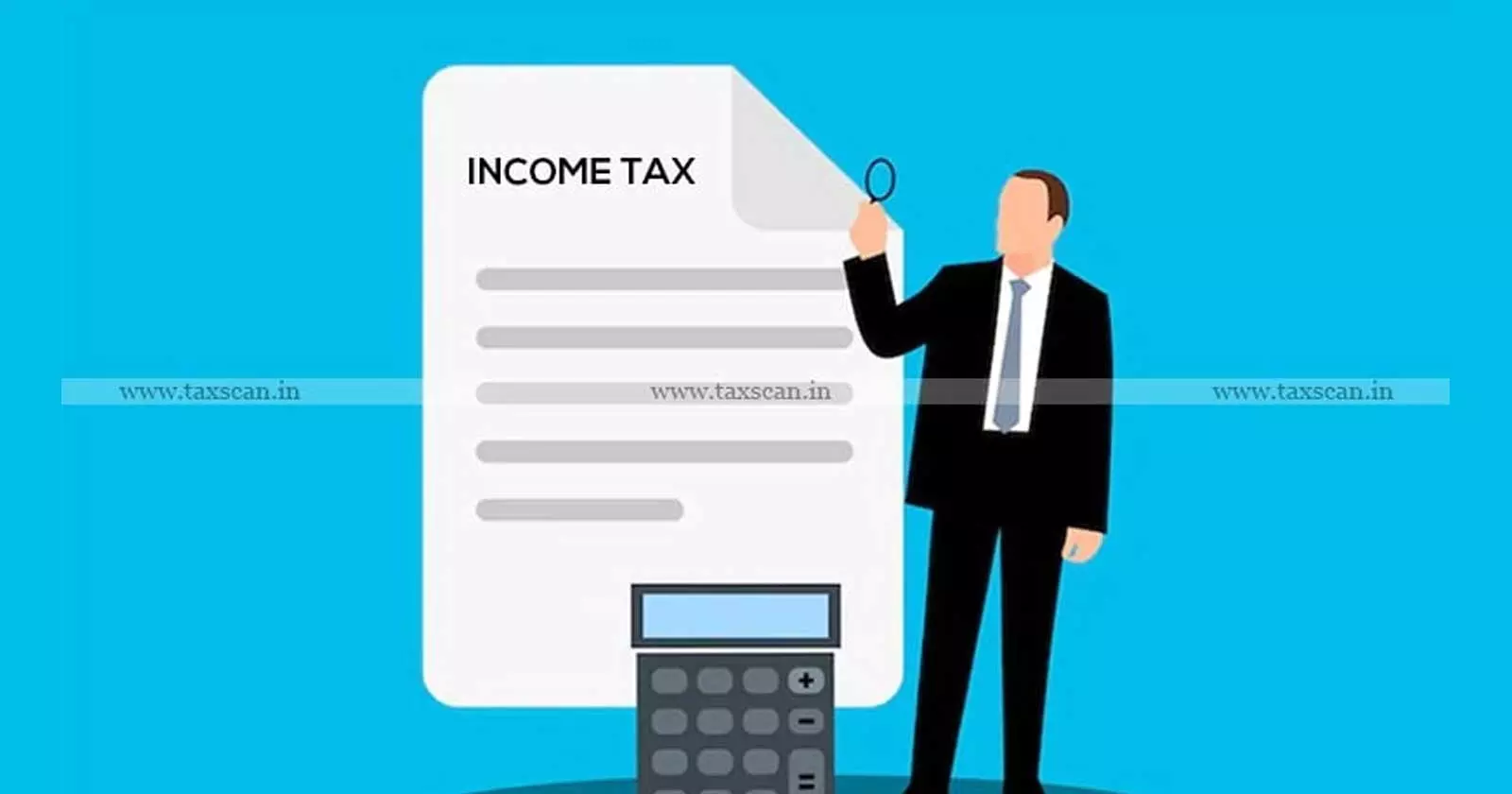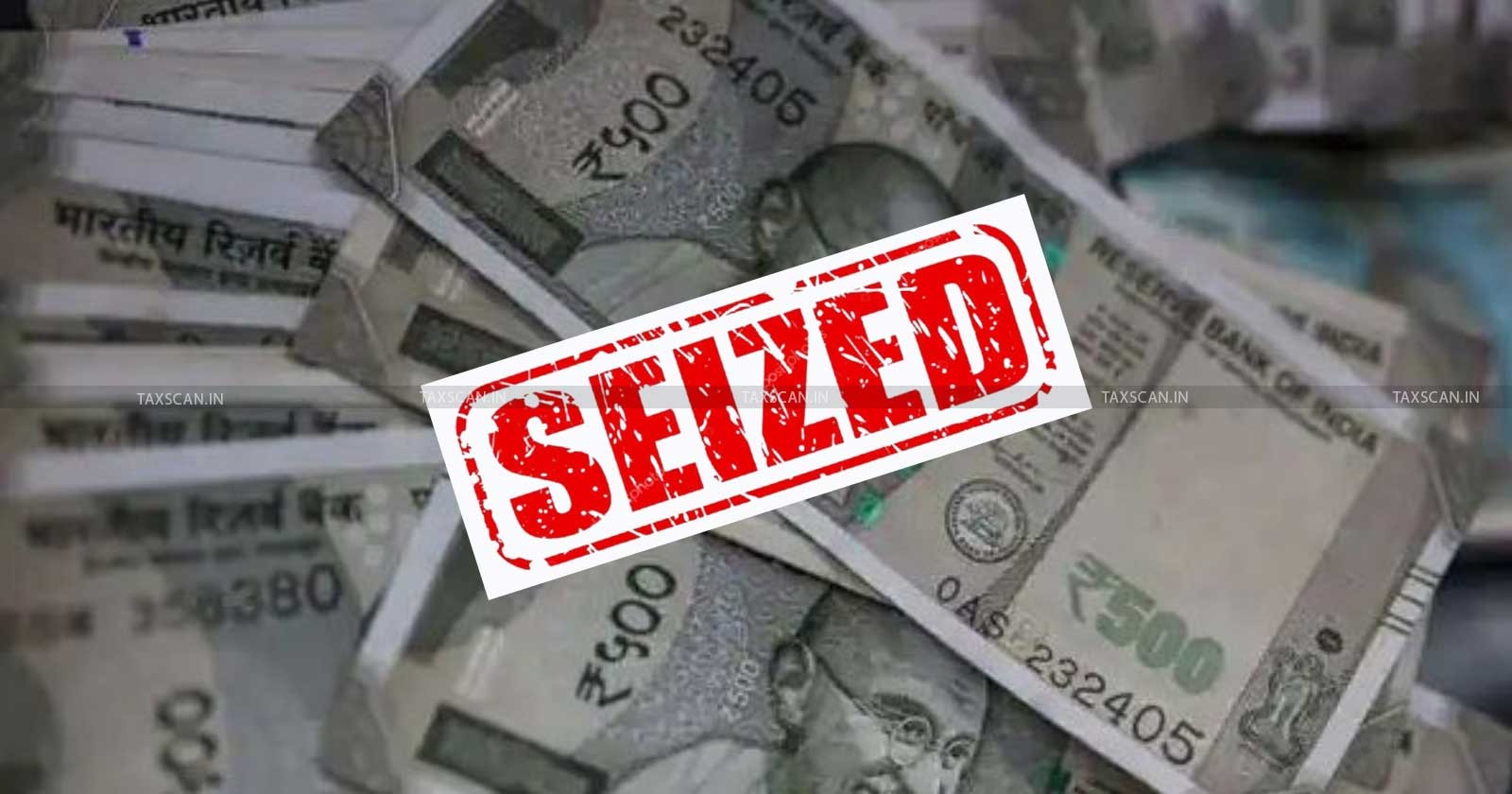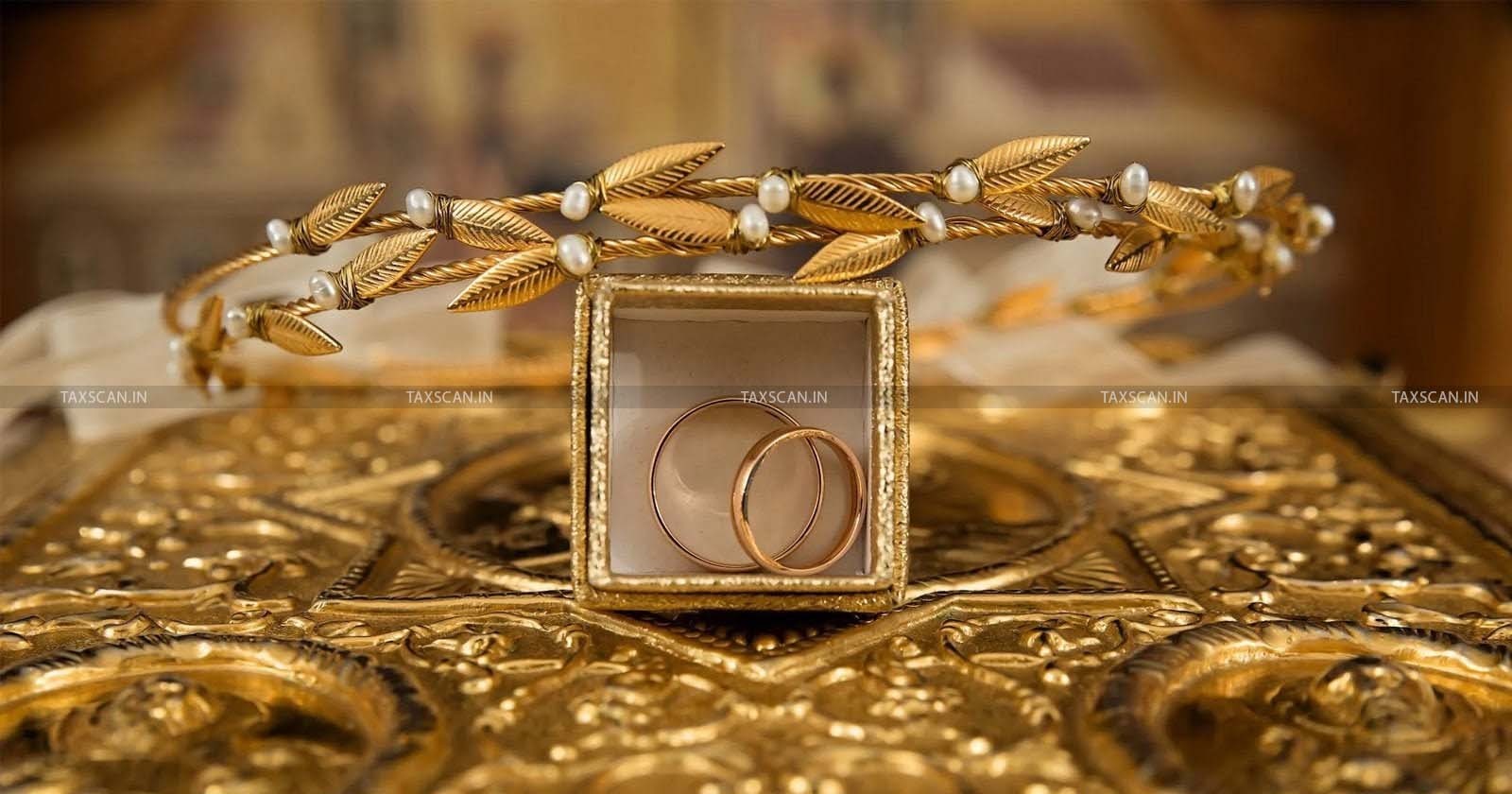Case of Afterthought Evidence in Income Tax Litigation and its Contemporary Relevance
Afterthought evidence refers to documents, affidavits, or pleas introduced late in the proceedings.

In a recent development, the High Court of Kerala gave a ruling on two appeals in which the appellants challenged a common order of Income Tax Appellate Tribunal (ITAT), rejecting their previous appeal regarding finalization of assessments for the year 2017-18. The High Court, without mincing words, remarked that the additional evidence in the form of affidavits produced before the Tribunal shall be attributed as an afterthought, thereby upholding the action of Tribunal and dismissing the appeals. It is plausible for one to wonder what afterthought evidence is. In the light of this ruling, let’s unpack Afterthought Evidence bit by bit.
 Also Read:Afterthought Evidence cannot Override Voluntary Returns: Kerala HC dismisses Income Tax Appeals in Cash Seizure Case [Read Order]
Also Read:Afterthought Evidence cannot Override Voluntary Returns: Kerala HC dismisses Income Tax Appeals in Cash Seizure Case [Read Order]
Afterthought evidence refers to documents, affidavits, or pleas introduced late in the proceedings before the Commissionerof Income Tax (Appeals) or the Income Tax Appellate Tribunal, often during appellate stages. This type of evidence is typically not part of the initial return or disclosures. It is a new submission that has not been made during the original assessment or inquiry.
For instance, an assessee claims a cash credit of ₹10 lakhs in the books and explains it as a loan from a friend, but only after a Section 68 (unexplained cash credit) notice is issued. Additionally, the requisites such as interest paid or repayment is not shown, and even the PAN or bank statement of the lender is missing. Given the case in hand, there is a possibility that any explanation given by the assessee will likely be treated as afterthought evidence, ultimately facing chances of rejection.
Afterthought evidence usually draws skepticism from tax authorities and courts. This is so because it often appears as self-serving and fabricated, aimed at countering the revenue's case, or intended to fill the evidentiary gaps retrospectively. The skepticism isn't baseless, but rather, rooted in a purpose to maintain the integrity of proceedings under the Income Tax Act, 1961.
 Also Read:Jewellery Trader’s ‘Job-Work’ Defence Rejected as Afterthought: Madras HC upholds AO’s Findings of Purchase and Sales Suppression [Read Order]
Also Read:Jewellery Trader’s ‘Job-Work’ Defence Rejected as Afterthought: Madras HC upholds AO’s Findings of Purchase and Sales Suppression [Read Order]
The procedure for admitting new evidence at the appellate stage is governed by Rule 46A of the Income-tax Rules, 1962, for appeals before the Commissioner of Income Tax (Appeals), and Rule 29 of the Income Tax (Appellate Tribunal) Rules, 1963, for appeals before the Income Tax Appellate Tribunal.
Understanding Rules 46A and 29
Rule 46A of the Income Tax Rules, 1962, places strict restrictions on an appellant's ability to introduce any new evidence before the first appellate authority, the Commissioner of Income Tax (Appeals), other than the evidence produced by him during the course of proceedings before the Assessing Officer (AO). The rule specifies four exceptional circumstances where additional evidence may be admitted, which are:
- where the AO has refused to admit evidence which ought to have been admitted
- where the appellant was prevented by sufficient cause from producing the evidence requested by the AO
- where AO made the assessment order without giving the appellant a sufficient opportunity to present relevant evidence
- where the evidence is relevant to a ground of appeal but was not produced earlier due to sufficient cause
Rule 29 of the Income Tax (Appellate Tribunal) Rules, 1963, governs the production of additional evidence at the Income Tax Appellate Tribunal (ITAT) stage. The rule states that parties are not entitled to produce additional evidence, whether oral or documentary. An exception to this rule is that the ITAT has the discretion to admit new evidence for any "substantial cause" to enable it to pass proper orders.
Apart from the above mentioned rules, courts also adhere to judicial principles and precedents in order to strictly ensure fairness and prevent abuse of the appellate process.
Relevant Case Laws
- CIT v. P. Mohanakala (2007)
In this case, it was held that even if gifts or credits are documented, their genuineness must be established beyond self-serving evidence. The court proceeded to reject vague explanations presented late in proceedings as afterthoughts.
- CIT v. Durga Prasad More (1971)
The Supreme Court emphasized that the tax authorities are entitled to look into the substance of a transaction, not just its form. It was further held that just because something is documented, doesn’t make it gospel truth if it's clearly an afterthought.
In this case, a family settlement claim over gifted shares was upheld despite appellate surfacing. The court ruled it was not afterthought since facts lurked in the original record, but went unarticulated.
- Shri Ganesh Bhivraj Bhutada Pune v. ACIT Central Circle Pune ITA Nos. 1131 & 1132/PUN/2024 (AYs 2017‑18 & 2018‑19)
The tribunal in this case held that the additions made by AO based on third‑party documents or diaries can be dependent on whether the third party has been penalised under relevant Sections (269SS/269T) of the Income Tax Act for cash loan violations. If no penalty is imposed on the third party, the basis for the addition may be weak. This reflects that the timing and corroboration, and whether there is independent evidence, has a bearing.
To conclude, while the law does not expressly prohibit late-stage explanations, the evidentiary value of such afterthoughts is extensively scrutinised. Courts have sternly shown that mere assertions clearly do not make the cut.
Support our journalism by subscribing to Taxscan premium. Follow us on Telegram for quick updates


